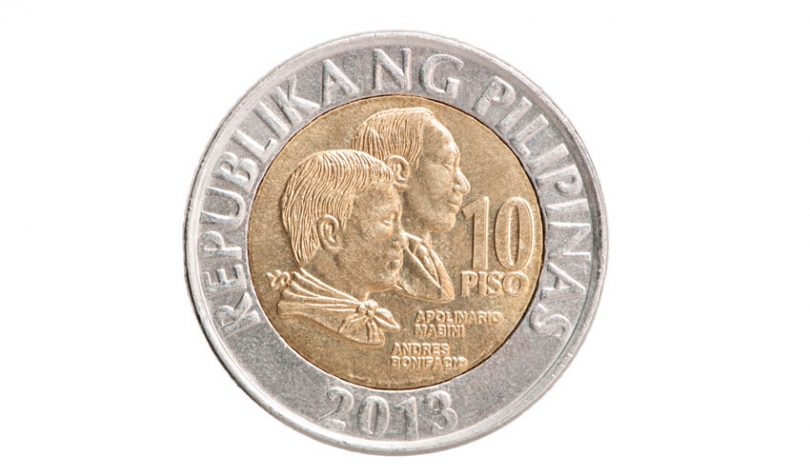UnionBank of the Philippines has successfully conducted a blockchain-based remittance test between Singapore and the Philippines.
In line with the government’s pursuance of financial inclusion, UnionBank sought to tackle cross-border remittances made by the 10 million Filipinos working overseas. According to the World Bank, remittances back to the Philippines amounted to $32.8 billion in 2017, equivalent to 10.5% of GDP. In 2018 the figure was $34 billion which ranks the country as fourth in the world for remittances, behind India, China and Mexico.
The pilot was carried out in partnership with Singapore-based OCBC Bank. It involved sending tokenized fiat, named PHX, between OCBC Bank and Cantilan Bank, a rural Filipino bank.
The project leveraged the Adhara platform as well as UnionBank’s own “i2i” blockchain platform which connects with rural banks and was created by its fintech subsidiary UBX.
Adhara’s platform allows for real-time international payments and liquidity management. It is a permissioned Ethereum platform which uses tokenized fiat and smart contracts. The start-up was founded by Julio Faura, the former Head of Blockchain R&D at Santander Bank. Mr Faura was responsible for the launch of Santander’s Ripple payments app, the first by a major bank.
I2i provides the Philippines’ 400 rural banks with access to the SWIFT network, in order to connect Filipinos to the broader financial system. It also uses a permissioned version of Ethereum. I2i has enabled interbank transaction times to be slashed from up to a month to five minutes.
UnionBank claims the successful pilot will lead to further financial inclusion. Arvie de Vera, UnionBank Senior VP and Head of the Fintech Business Group, said: “with this connected platform, other value-added services can now be made accessible to rural banks.”
Start-up Coins.ph is a significant competitor in the remittance field. It claims to serve 5 million Filipinos, providing its customers with access to financial services via a mobile wallet, without the need to own a bank account. Coins.ph has also reached an agreement with Western Union, whereby customers can receive its payments straight into their Coins.ph wallets.
This makes it easier for overseas workers to send money back to the Philippines, even if the targeted recipients are unbanked.
UnionBank is trying to promote financial inclusion through other means as well.
Earlier this week, they announced a partnership with OneConnect, the technology subsidiary of Ping An, China’s second-largest insurer.
The project aims to provide financial services to micro, small and medium enterprises (MSMEs) by leveraging blockchain. These will include supply chain finance, loan applications and credit assessment. According to the Philippines Daily Tribune, MSMEs make up 99.5% of businesses in the country but struggle to grow due to banks’ difficulties in assessing their creditworthiness.
There will be a live remittance demonstration by UnionBank and OCBC at the Singapore Fintech Festival in November.






